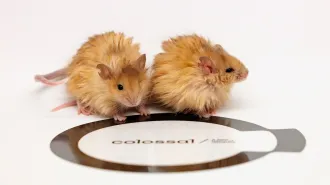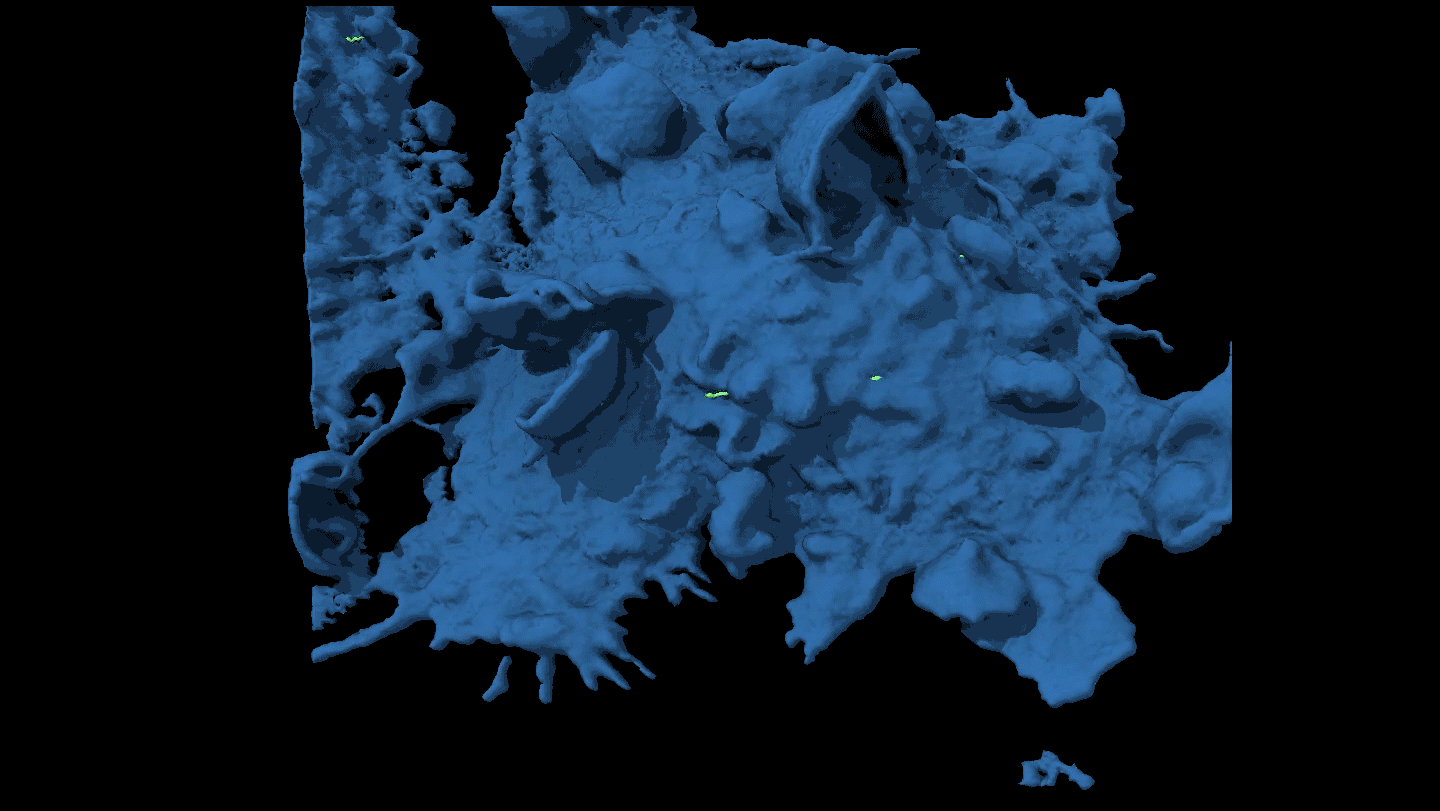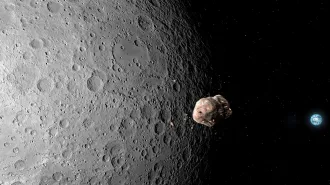Uncategorized
-
 Animals
AnimalsThese are our favorite animal stories of 2025
From clever cockatoos to vomiting spiders, these cool critters captivated us this year.
By Carly Kay -
 Earth
EarthAn underwater volcano off Oregon didn’t erupt in 2025 after all. Why not?
Data from Axial, the most-monitored underwater volcano, are helping geophysicists hone eruption predictions. For Axial, 2026 is their next bet.
-
 Life
LifeWatch a cancer cell evade capture
By moving around, some cancer cells force attacking immune cells to just nibble at the edges rather than engulf them completely.
By Meghan Rosen -

Life in all of its complexity
Editor in Chief Nancy Shute talks about life’s complexities, from its evolution on Earth as a single cell to complex human behavior.
By Nancy Shute -
 Planetary Science
Planetary ScienceAn asteroid could hit the moon in 2032, scattering debris toward Earth
Researchers are keeping an eye on the building-sized asteroid 2024 YR4, which has a 4 percent chance of hitting the moon seven years from now.
By Nikk Ogasa -
 Health & Medicine
Health & MedicineHe made beer that’s also a vaccine. Now controversy is brewing
An NIH scientist’s maverick approach reveals legal, ethical, moral, scientific and social challenges to developing potentially life-saving vaccines.
-

Breaking Ground Crossword
Solve the crossword from our January 2026 issue, in which we take a crack at geological principles
By Shannon Rapp -
 Astronomy
AstronomyNew Hubble images may solve the case of a disappearing exoplanet
A massive collision between two asteroid-sized bodies around a nearby star offers a rare look at the violent process of planetary construction.
-
 Health & Medicine
Health & MedicineThis newfound cascade of events may explain some female gut pain
Gut problems like irritable bowel syndrome are often worse in women. A mouse study reveals a pain pathway involving estrogen, gut cells and bacteria.
-
 Psychology
PsychologyAs gambling addiction spreads, one scientist’s work reveals timely insights
Psychiatrist Robert Custer spent his life convincing doctors that compulsive gambling was not an impulse control problem. Today, his research is foundational for diagnosis and treatment.
-
 Astronomy
AstronomyA new hunt for an Earth analog begins
The Terra Hunting Experiment will track the wobbles of dozens of stars nightly for years in the most focused hunt yet for an Earth twin.
-
 Health & Medicine
Health & MedicinePolar plunges aren’t just for the daring
Bragging rights and an adrenaline rush aren’t the only reasons to start the year with a frigid swim. A dip in icy water builds resilience.